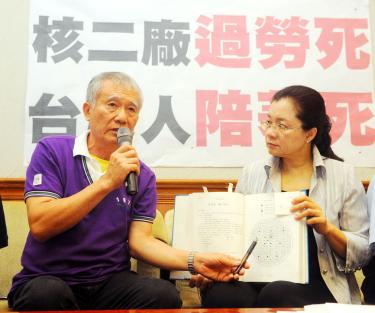What is President Ma Ying-jeou’s (馬英九) real agenda? Is he actually trying to ruin the country? If he does plan to bankrupt Taiwan, or erode the nation’s competitive edge to the point that it has no chance on the international stage, he is doing a pretty good job of it.
The “Teflon president” was voted into power with a large majority in 2008, and won with a convincing lead in his re-election earlier this year, so it is surprising to see just months later that even his friends are abandoning him, while some legislators from his own Chinese Nationalist Party (KMT) are refusing to go along with his unpopular policies.












